Emerging Contaminants in Water & Wastewater
A one-day virtual program for those in water and wastewater that provides the tools and resources necessary to combat emerging contaminants and strategize for the field's future.
Sign UpCourse Overview
Emerging Contaminants in Water and Wastewater is a one-day virtual course that will reveal hot topics in the field, uncover potential resources, and bring awareness to what's to come in 5, 10, or even 20 years. This course will help people from government labs and agencies, public water and wastewater utilities, consulting firms, and academic research labs better understand emerging contaminants so that you can prepare for the future and strategize for what's to come.
Program Benefits

Achieve a Greater Understanding
Gain the information and confidence to answer customers’ questions about emerging contaminants.
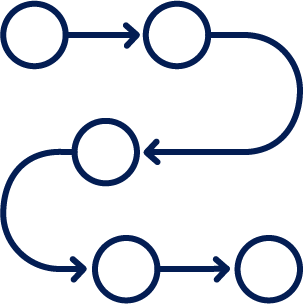
Strategize for the Future
Increase your awareness about upcoming problems and start planning your strategy for these issues.

Discover New Resources
Learn about costs and technologies that are currently available and find out if they’re feasible.

Further Your Resources
Become educated on what’s on the horizon to better understand where your time and money is best spent.

Emerging contaminants span wastewater and drinking water and so does this course. I have learned so much over the years from the dynamic speakers and audience. Each year it grows in depth and value.
Dr. Patrick McNamara
Associate Professor of Environmental Engineering at Marquette University
Course Schedule
Date
October 22nd 2024Time
9:00AM-4:15PMPrice
$105Program Facilitators
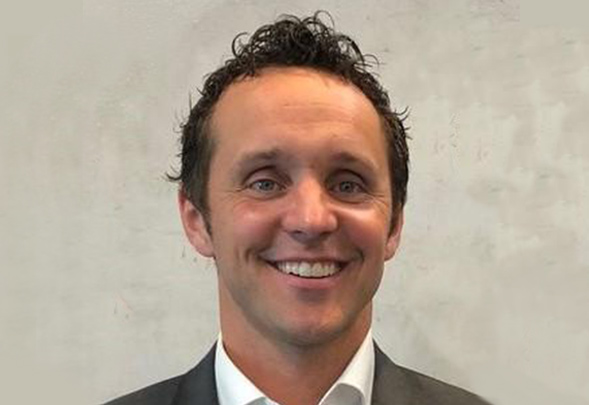
Dr. Patrick McNamara
Associate Professor of Environmental Engineering at Marquette University
Dr. Patrick McNamara is an associate professor of Environmental Engineering at Marquette University and a Wastewater Process Engineer with Black & Veatch. He has over 15 years of experience in wastewater solids and residuals management, and his research group has investigated emerging contaminants for a decade. His work is funded by the National Science Foundation, utilities, companies, and foundations. In addition, he has over 60 peer-reviewed journal publications.
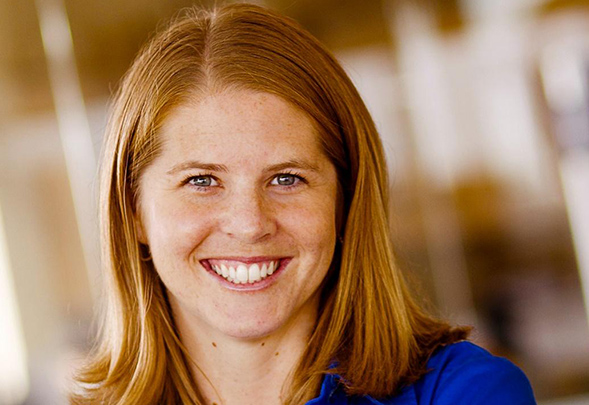
Dr. Brooke Mayer
Associate Professor of Civil, Construction & Environmental Engineering
Dr. Brooke Mayer is an Associate Professor in the Department of Civil, Construction, and Environmental Engineering at Marquette University. She graduated from Arizona State University with her B.S. in 2004, M.S. in 2006, and Ph.D. in 2008, all with an emphasis in Environmental Engineering. Dr. Mayer’s teaching and research interests focus on physical-chemical treatment processes for water and wastewater applications. Her research emphasizes improved public health and safety as well as advancing the waste-to-resource paradigm.
Course Speakers
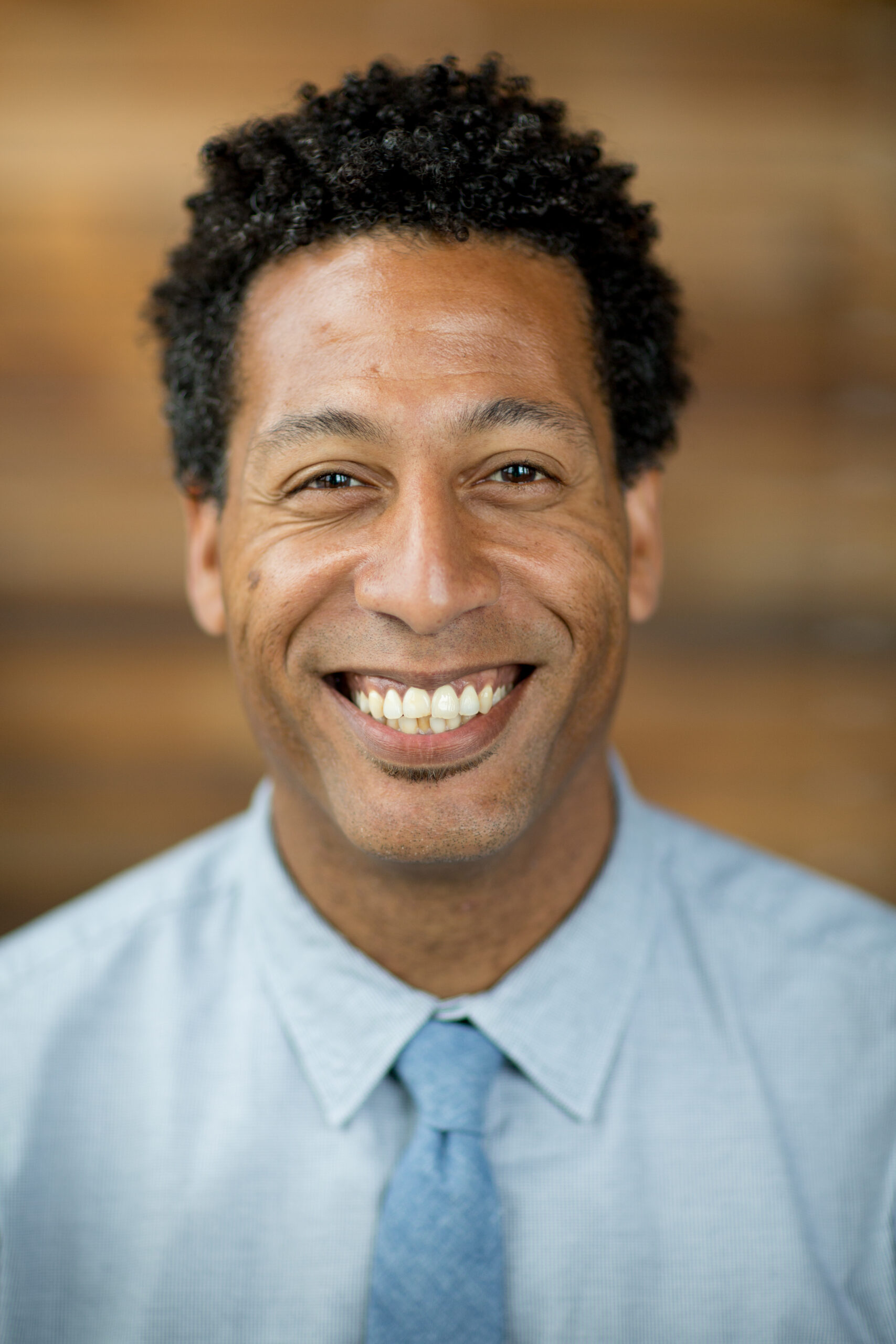
Martin Griffin
Ecosystem Services Director, Madison Metropolitan Sewerage District
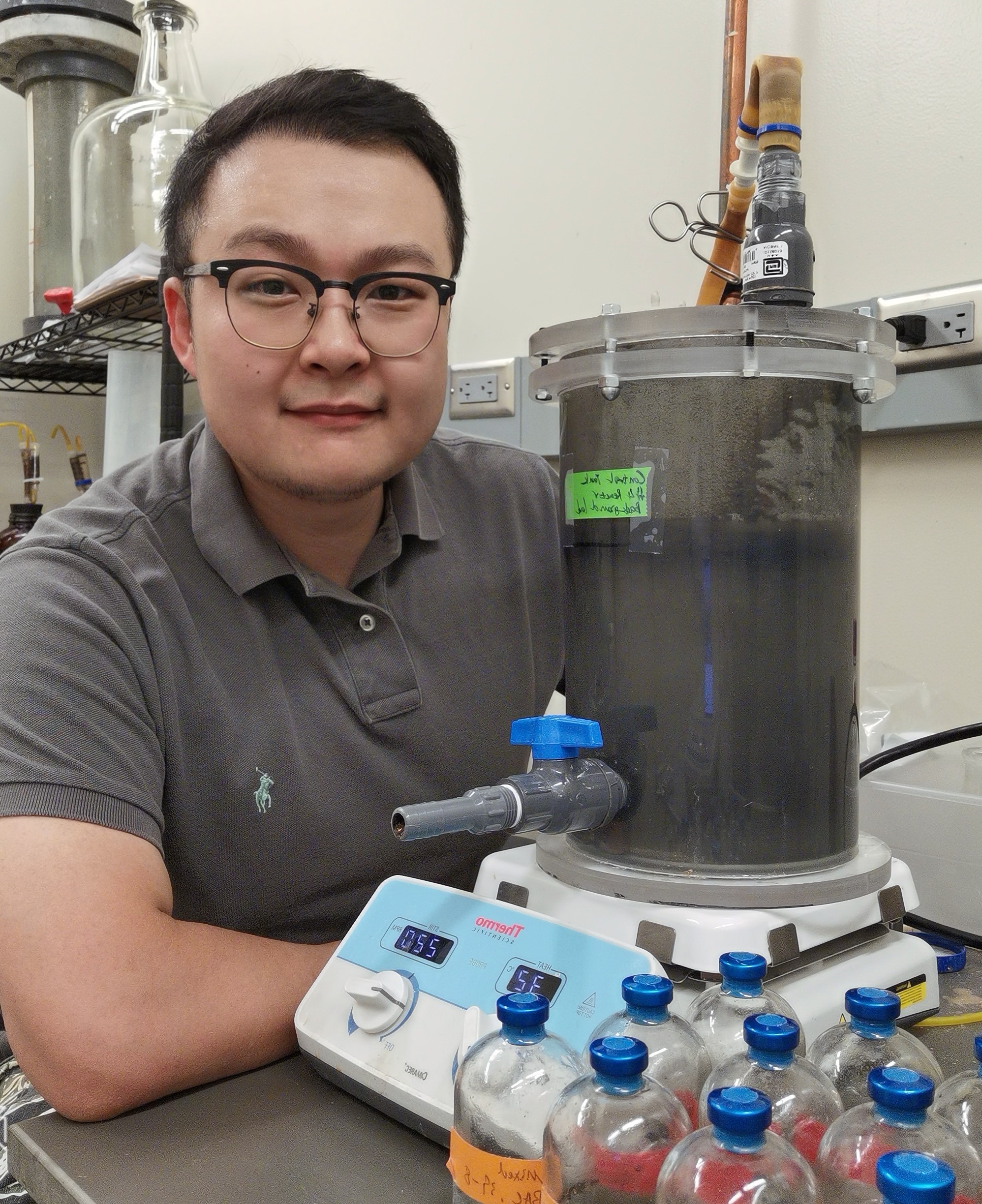
Zihao Lu
Ph.D. Candidate, Research Assistant, Marquette University
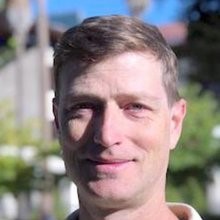
Dr. William A. Mitch
Professor, Department of Civil and Environmental Engineering, Stanford University
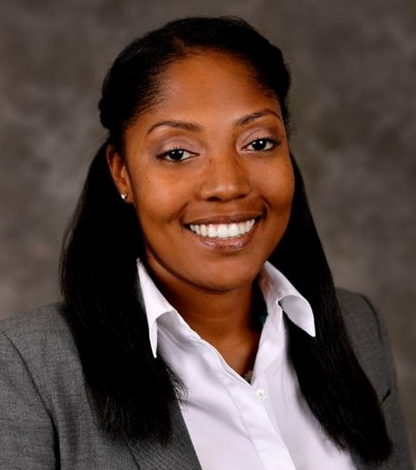
Dr. Jacelyn Rice-Boayue
Assistant Professor, Dept of Civil, Construction, and Environmental Engineering, North Carolina State University
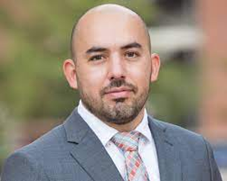
Jorge Gonzalez Estrella, Ph.D.
Assistant Professor, School of Civil Environmental Engineering, Oklahoma State University
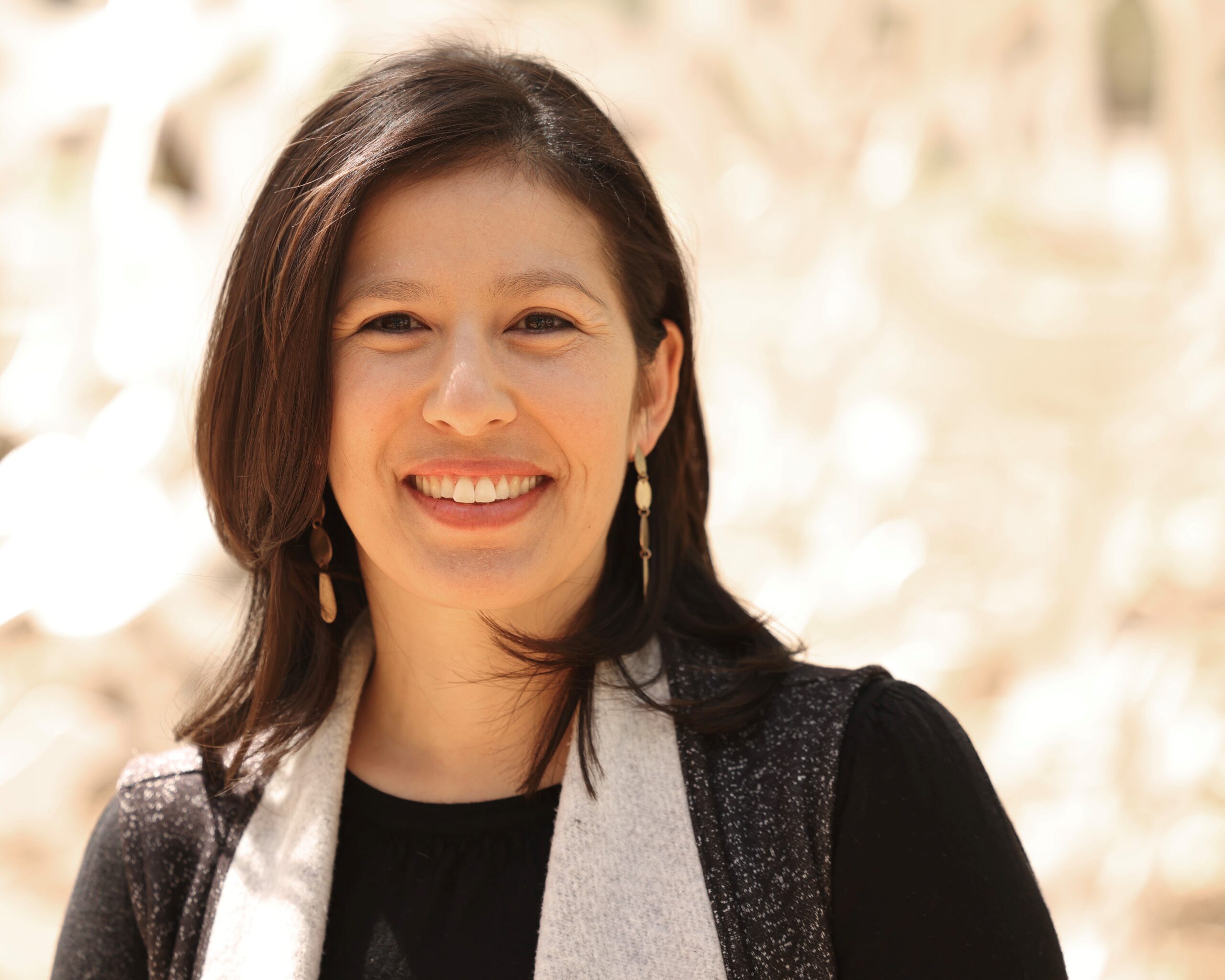
Dr. Lauren Stadler
Associate Professor, Dept of Civil and Environmental Engineering, Rice University
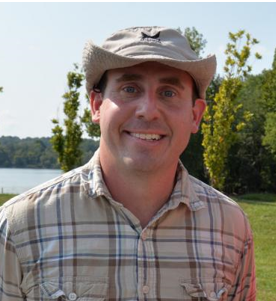
Dr. Martin Page
USACE
Testimonials

This workshop brought together a collection of speakers from pertinent disciplines with great experience. The presenters were very open to sharing their knowledge which facilitate education and communication among the participants.
Terri Svetich
Consultant
Stantec - Reno, NV

Each year, the Emerging Contaminant Short Course convenes interdisciplinary subject matter experts to share cutting-edge research and policy updates on emerging issues in water that threaten public and environmental health. This course offers a relaxed, interactive learning experience to develop a deeper understanding of contaminants of emerging concern and current remediation options. I've attended this course annually for several years and will continue to do so.
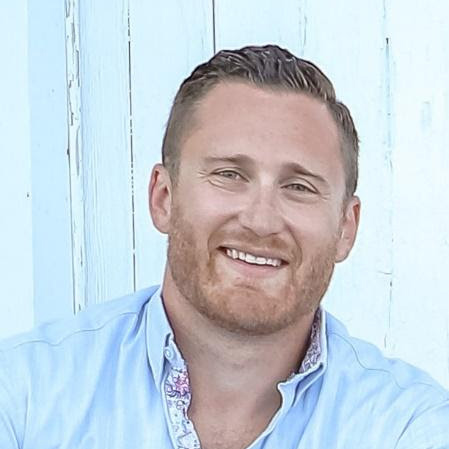
Matt Magruder
Environmental Research Manager
Milwaukee Metropolitan Sewerage District

This course integrated topics across industries with lots of information in a short time frame and was excellent for networking.
Jaime Petrovich
Lab Manager
City of Wyoming, MI
Sign Up Today
Learn from experts in the field on emerging contaminants that you need to be aware of and gain the tools you need to prepare for the future of water and wastewater.
Sign Up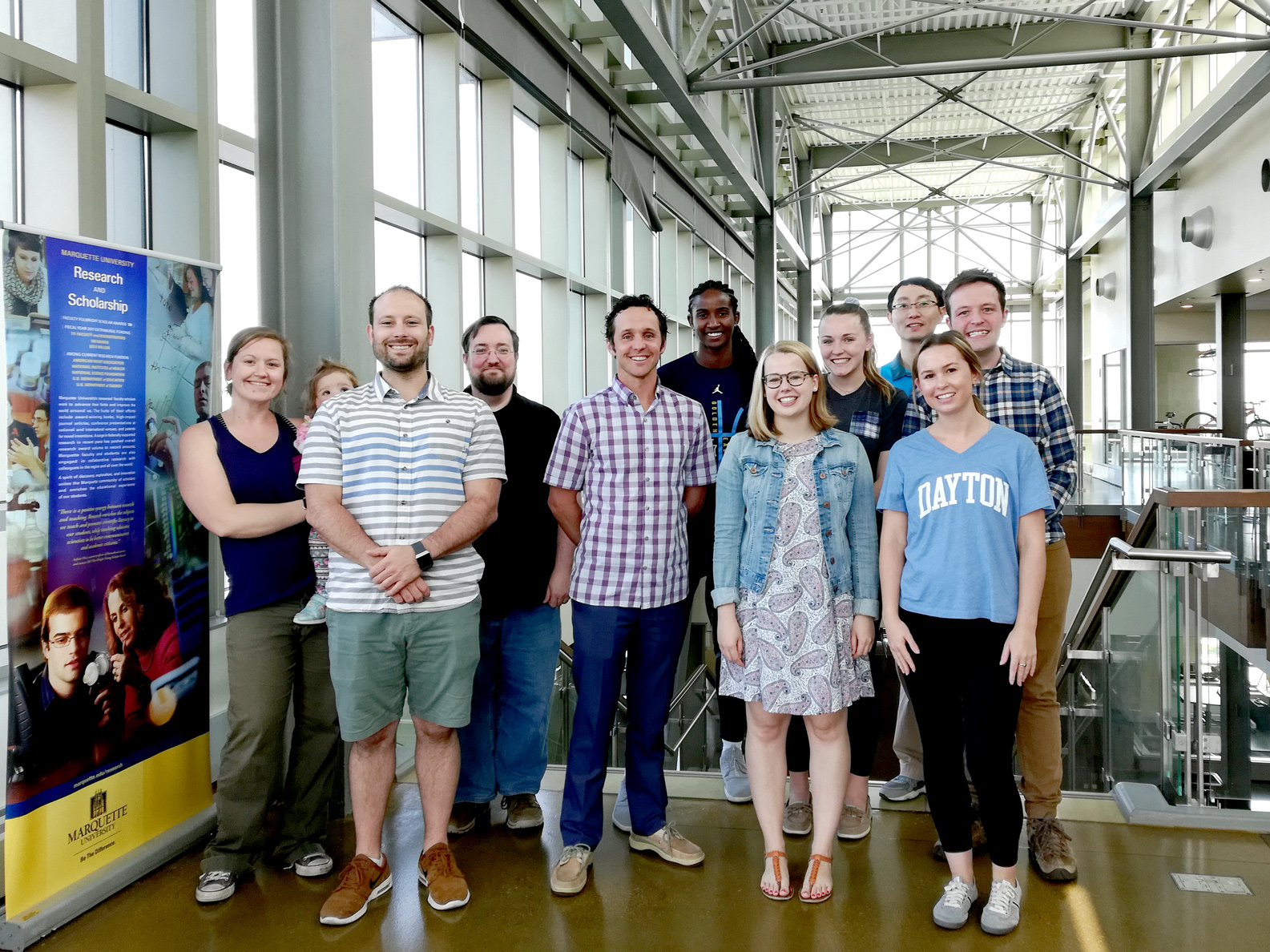
Frequently Asked Questions
People in the field of water and wastewater that are looking toward the future and have the desire to prepare, strategize, and implement new technologies that will positively impact the state of water and wastewater. We welcome participants from government labs and agencies, public water and wastewater utilities, consulting firms, academic research labs, and more.
Tuesday, October 25th
- 9:00 Welcome – Dr. Patrick McNamara & Dr. Brooke Mayer
- 9:15 Removing PFAS from Drinking Water: Performance, Cost, and Management of Residual Streams
- 9:55 Pyrolysis for the removal of PFAS from biosolids
- 10:25 Electrochemical Water Treatment Technologies for PFAS mitigation in Water and Wastewater
- 10:40 Break
- 11:00 Fate and removal of microplastics from wastewater
- 11:45 National scale studies aid our understanding of the drivers of antimicrobial resistance genes in US waters
- 12:30 Lunch
- 1:00 Toxicity-Weighted Risks of Unregulated DBPs: HAAs and Beyond
- 1:45 Looking Ahead: Identifying Drinking Water Contaminants of Concern for the Next 5-10 Years
- 2:30 Break
- 2:45 Surface Water Contamination as a consequence of ethanol production
- 3:30 Virus Mitigation to Protect Public Health
- 4:15 Adjourn
An electronic certification will be emailed to you upon completion. There is also the possibility to earn Continuous Education Credits (CEC), if this is something you’re interested in, please contact brooke.mayer@marquette.edu
This program is facilitated 100% online. Participants must have reliable access to the internet.
Any questions can be directed to patrick.mcnamara@marquette.edu
The investment for this program is $100 for first-time attendees, $60 for second members from the same institution, and $25 (plus registration fees) for students.
Questions or want to learn more? Email us today.
Gold Sponsors
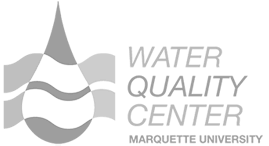
Marquette University Water Quality Center

